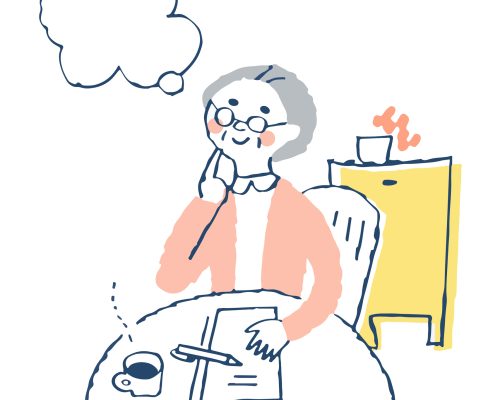Avoid Probate No. 2 – Give it away
- Explaining that unlike the U.S., Canada has no laws preventing the avoidance of probate fees by giving “inheritances” while you’re alive
- Offering several reasons for why you might wish to give money away while you’re alive rather than leaving it up to inheritances after you’ve died
- Noting that the more you give away while alive, the smaller the probate fees and the less of an estate there is to fight about after death
A reader challenged me to write about avoiding probate, which he identified as the evil that led him to suffer years of legal terrorism going through what must have been a brutal lawsuit over his father’s estate.
I’ve taken up the challenge. This is the second in a series of columns about avoiding probate.
I explained last week that avoiding probate means not leaving an estate. That doesn’t necessarily mean dying penniless, which I’ll explain as this series progresses. But spending all your money before you die is certainly an option which I advocated last week.
I’ve come to appreciate my father’s clearly expressed intention not to leave an inheritance for my brother and me. I did feel twinges of jealousy of those who could look forward to a financial windfall at some point in their future, but I also believe that I benefited from his philosophy.
And I feel strongly that we should be encouraging our parents to get as much enjoyment out of their lives as possible. Money doesn’t buy happiness, but it can afford options for seniors to maximize their lived experience. And it can take some prodding to help chronic savers loosen their purse strings for their own enjoyment.
But I suspect that most people want to pass at least some of their wealth to others.
Consider passing on that wealth while you’re alive, rather than waiting until after you’re gone.
In the U.S., where there are estate taxes, there are mechanisms designed to prevent tax avoidance by transferring wealth before death.
Slight detour here, but I think the U.S. is onto something. I can’t think of a better way to shrink the widening gap between rich and poor than to tax the silver spoon money going to rich folks’ next generation.
In any event, there are no mechanisms in Canada to prevent us from avoiding probate fees by giving money away while we’re alive.
A quick note, though, that probate fees are really quite small. For example, by giving your children $200,000.00 while you’re alive, you are saving them only $2,800.00 of probate fees.
There are other good reasons for passing wealth onto your beneficiaries while you’re alive.
- You get to witness your loved ones, or worthy charitable causes, receiving your generous gifts and feel their appreciation.
- Giving financial gifts when your children need the help the most has more impact than having them wait until your death when they are already financially secure.
- You might have excellent reasons for unequal gift giving. Giving while alive allows you to clearly communicate your reasons and deal with feelings that might arise. It also allows you to follow through with wishes that might be challenged if left to your will.
- We’ve heard about lottery winners squandering their newfound wealth. The same can happen to beneficiaries of an estate. You can avoid that by pacing an inheritance while you’re alive.
- There can be tax advantages to triggering capital gains and the withdrawal of RRIF funds gradually, rather than all at once on your death. Please consult with an estate tax accountant to make an optimal plan. Such a plan does not require giving away your estate while you’re alive, but it can facilitate it.
This might seem all well and good but leaving an empty estate by spending all your money or giving it away before you die cannot be achieved unless you can accurately predict the timing of your death.
You don’t want to give so much money away that you’re left in financial need as you continue to age.
But the more you do give away during your lifetime, the smaller your estate. The smaller your estate, the lower the probate fees and the less there is to fight about.




